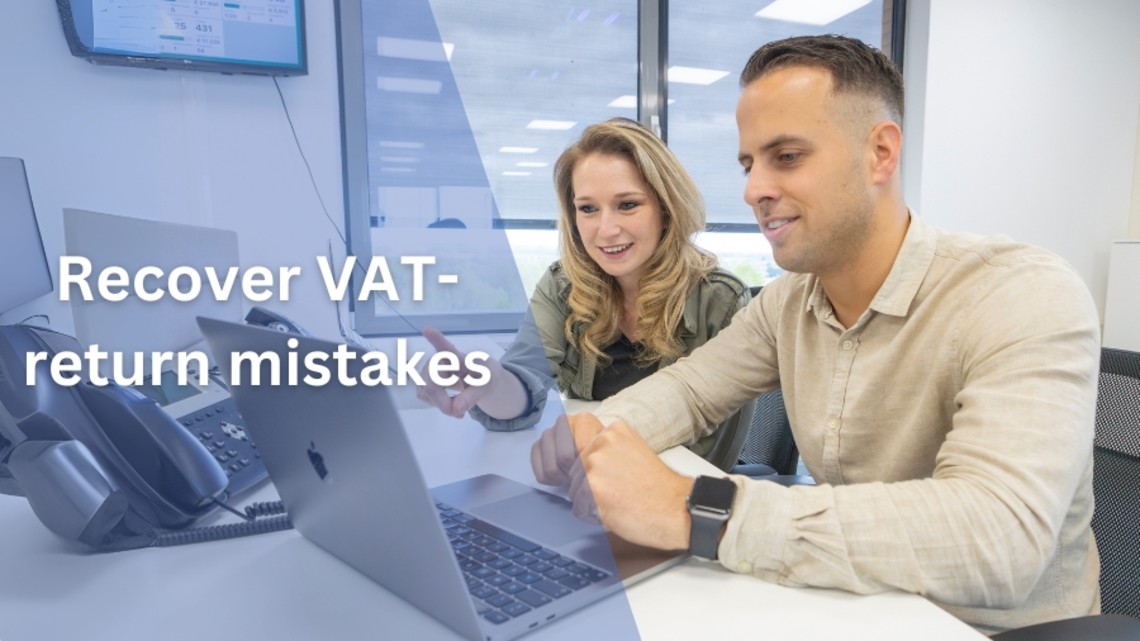If your business is registered with the Netherlands Chamber of Commerce and if you have been issued with a VAT identification and VAT number, you have to file VAT returns. If you must file a VAT return, the Dutch Tax and Customs Administration will send you a letter. However, there are a few exceptions. For example, if your services are exempt from VAT (childcare, funeral directors, and so on), you can’t charge VAT. Deduction of paid VAT is normally not possible then. As a non-resident business in the Netherlands you may also have to file a VAT return. Get more information and advice from our professional bookkeepers and accountants.








